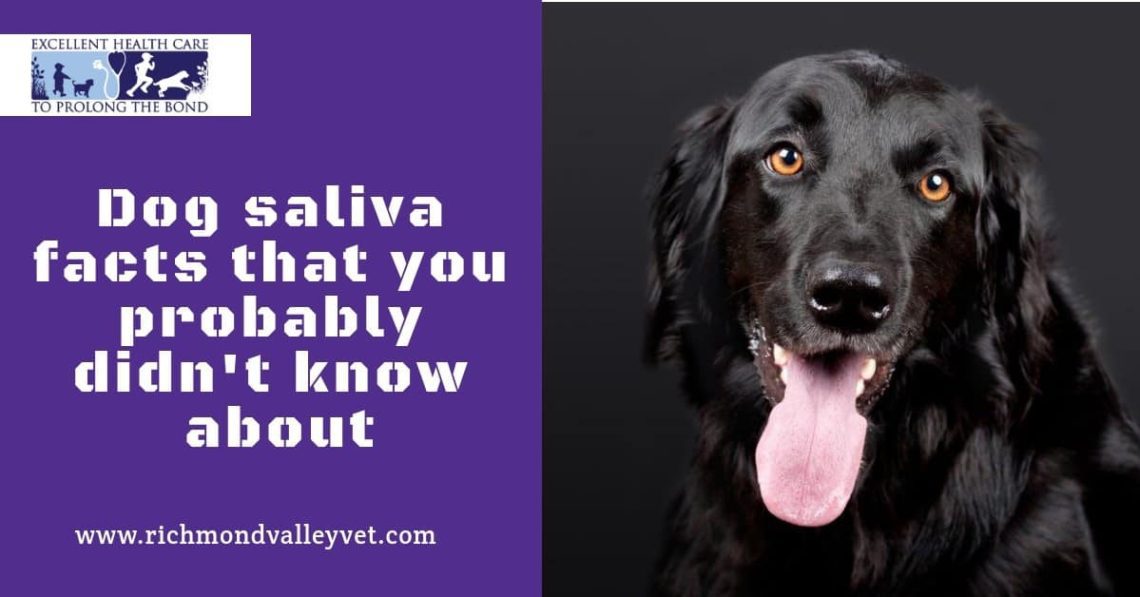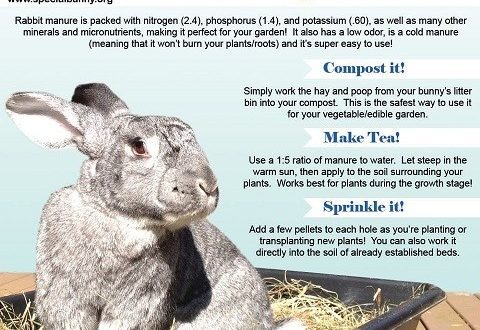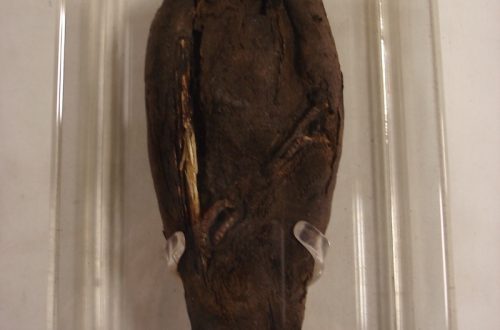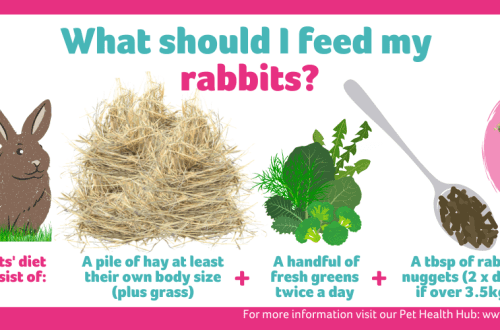
Njirimara ọgwụgwọ nke mmiri nkịta: eziokwu na akụkọ ifo
The Internet is filled with recipes from the field of “traditional medicine”, including dog saliva as an important component. It is suggested to be used to heal wounds, get rid of acne and warts, and even treat psoriasis. Is dog saliva really healthy and has healing properties?
Foto: wikimedia.org
It is known that in ancient China, the healing properties of dogs were not neglected: they treated soldiers by licking their wounds. And it was believed that dog saliva is suitable for these purposes no worse than the ointments of healers of those times.
Dog saliva does contain the enzyme lysozyme, which has a detrimental effect on bacteria, which means it can disinfect wounds when licked. And Nobel Prize winner Alexander Fleming, the inventor of penicillin, once carefully studied the beneficial properties of dog saliva. Moreover, he experimentally proved that lysozyme is contained not only in dog saliva, but also in milk, blood, and even tear fluid.
However, is dog saliva a panacea and generally a useful “medicine”?
No, and here’s why:
- Lysozyme, which is contained in dog saliva, can not destroy all bacteria, but does not work at all on other pathogens (for example, viruses), so this is at least not a panacea for all ills.
- In addition to useful lysozyme, dog saliva contains many far from useful opportunistic and pathogenic microflora. And if you let your four-legged friend lick your wound, it could very well be re-infected.
- Through dog saliva, a person can “get” food poisoning, diarrhea and intestinal upset.
- There are cases, albeit few in number, when children under 5 years old and the elderly (over 65 years old) fell ill with meningitis after “kissing” with pets.
- Through the saliva of a dog, you can become infected with parasites (in other words, worms). Symptoms to watch out for: rash, itching, weight loss, cough, abdominal pain, diarrhea, fatigue.
Immunocompromised people are more at risk when coming into contact with dog saliva.
However, there is no need to panic either. If a dog licks a person, especially a healthy person, it is unlikely that he will immediately get sick, because the skin does not absorb saliva well. And cases of infection through the saliva of a dog are extremely rare.
But still, it is quite possible to become infected through the mucous membranes of the mouth, nose, eyes or scratches. Therefore, do not neglect the requirements of personal hygiene, for example, wash your hands after contact with the dog.
Of course, whether to believe in the healing properties of dog saliva is up to you. But it is still much safer and more effective instead of saliva therapy to be treated with more proven and approved by doctors means.







